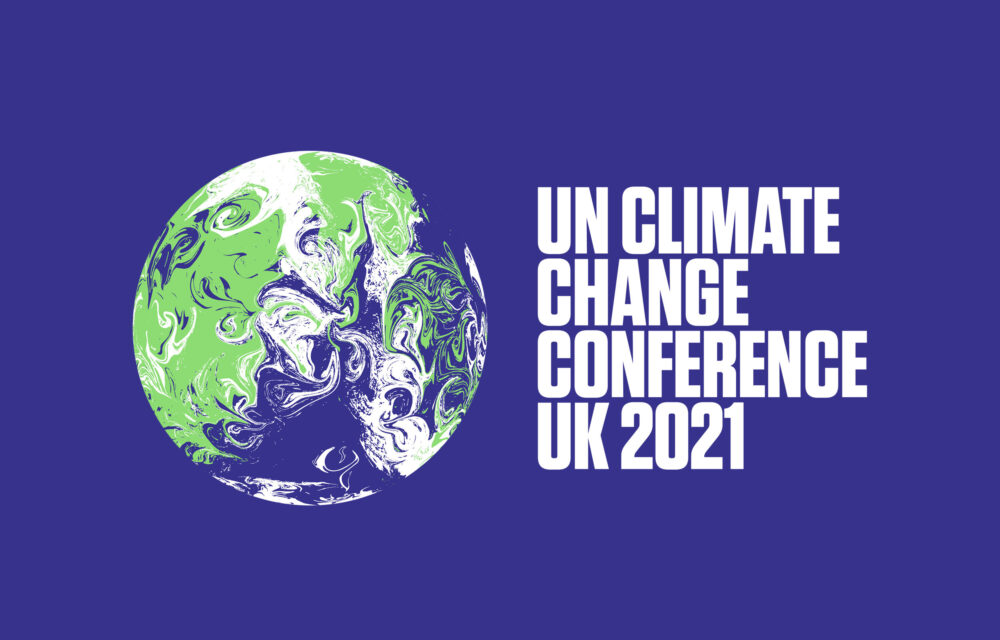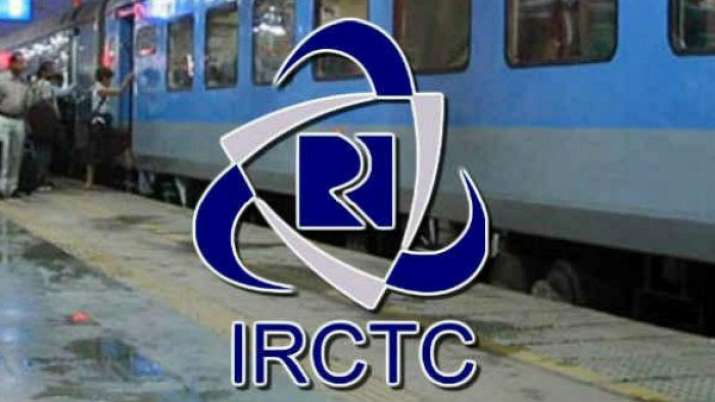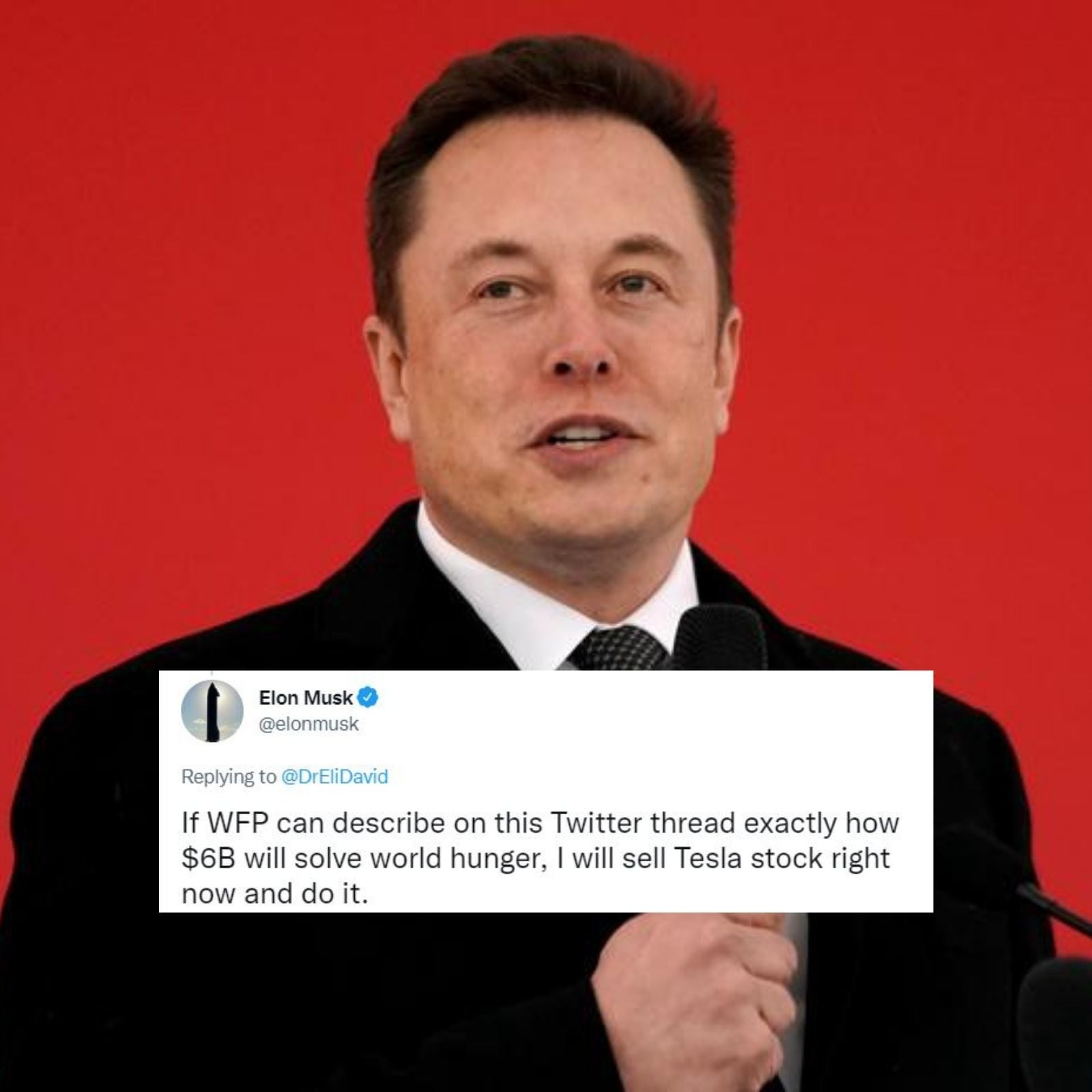The United Nations Conference on Climate Change (COP 26) is now taking place in Glasgow, and it is the most important climate summit since the Paris Agreement was signed in 2015. Because the agreements reached in Glasgow will determine the destiny of the world, whether we will be able to stabilise the climate in time or (without sounding too pessimistic), we will be rolling the dice with our future. South Asian nations, particularly India, are anticipated to bear the brunt of the consequences if things go wrong, which is why we all need to be aware of the scope of the current climate negotiations.
IRCTC's Perplexing Case
IRCTC is the only owner of a monopoly. The Indian Railways' behemoth is the company's exclusive supplier of online ticketing and catering services. Its dominance in India's train travel sector is unrivalled, and the markets have recognised this, with the company's share price rising from 320 on its first public offering to close to 6,000 in October. The stock price then plummeted. Why? What took place.
Cartels and the Indian Competition Commission
What You Need to Know. Six companies were recently found guilty of rigging a federal auction. These businesses were working together to rig bids and ensure that they were paid the most money possible. This kind of behaviour is considered anti-competitive or even unlawful, and such arrangements are referred to as "cartels" in the business world. The Competition Commission of India has been tasked with protecting us from such unscrupulous tactics (CCI).
Is Elon Musk capable of eliminating global hunger?
Last week, a UN director said in an interview that "$6.6 billion could help battle global hunger," and that ultra-wealthy people could easily pay their demands and assist them in this respect. He went on to mention Elon Musk and how a contribution of merely 2% of his income might accomplish the same goal. Last Sunday, Elon Musk reacted, causing a Twitter tempest and pushing global hunger back into the limelight.






Comments
Post a Comment